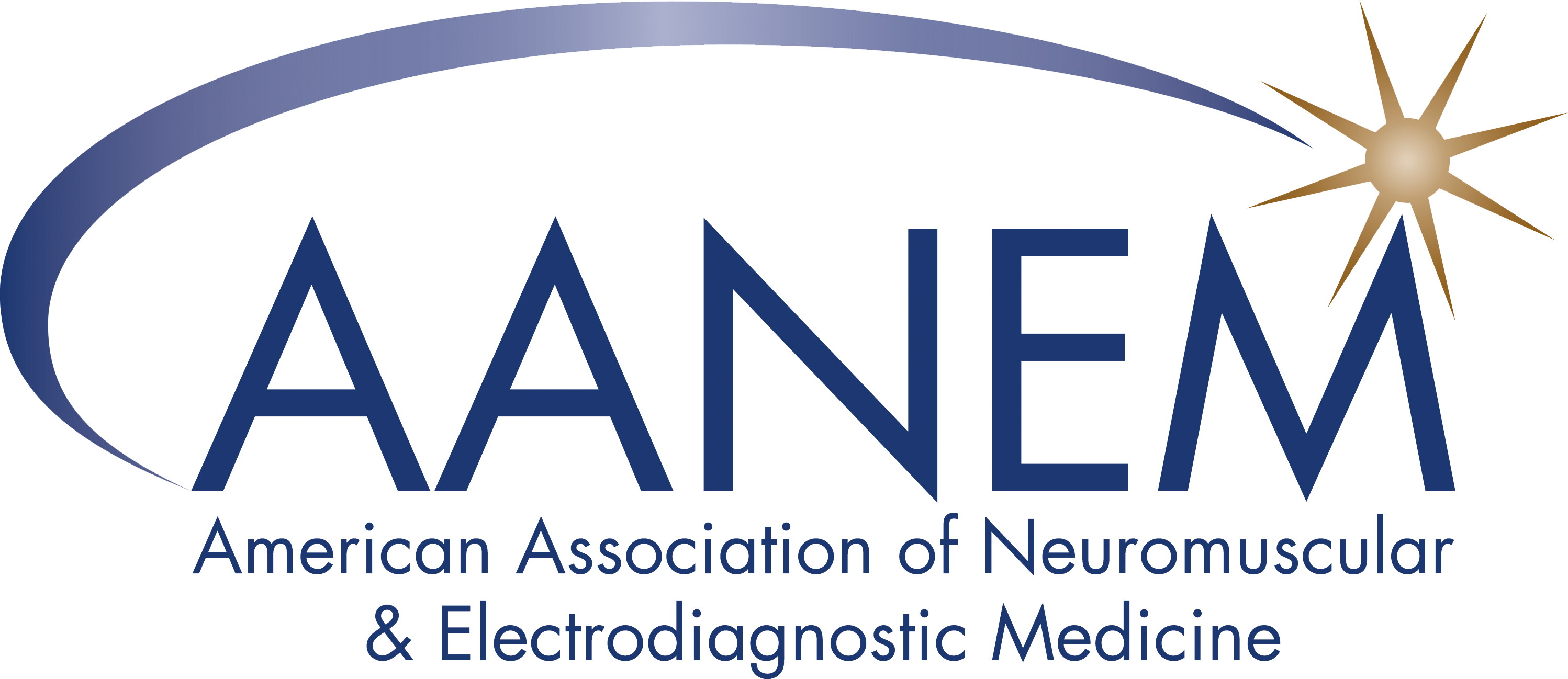Acute Inflammatory Demyelinating Polyradiculopathy
What is Acute Inflammatory Demyelinating Polyradiculopathy?
Acute Inflammatory Demyelinating Polyradiculopathy (AIDP), commonly known as Guillain-Barré (ghee-yan-bah-ray) syndrome, can occur anytime in life and in anybody - male, female, young, or old. This rare syndrome can be found in 1 out of every 100,000 people. It is a disease of the nerves with weakness and pain as the primary symptoms. These symptoms occur because of an inflammation of nerves located outside of the brain and spinal cord. These nerves are unable to transmit "information" at a normal speed to the muscles, which prevents the muscles from responding in an efficient manner, if at all. The cause of AIDP is unknown. It is possible that this syndrome is the result of an autoimmune disease, meaning the immune system may be attacking parts of the body's own nervous system. It has been noted that approximately 50% of the cases of AIDP occur following a viral or bacterial infection.How is Acute Inflammatory Demyelinating Polyradiculopathy diagnosed?
Electrodiagnostic medicine is an important factor in diagnosing Guillain-Barré syndrome. EMGs can document that the impulses are blocked from activating the muscles. Nerve conduction studies (NCSs) can show that the time the nerve takes to respond to a signal is markedly slowed. It is important for the physician to perform these tests in the early stages of the syndrome in order to make an accurate diagnosis and begin therapy.How is Acute Inflammatory Demyelinating Polyradiculopathy treated?
Treatment may shorten the course of the disease, but there is currently no known cure. Treatment may be in the forms of plasma exchanges, or intravenous immunoglobulin infusions. Some patients require life support and critical care hospitalization. 50% afflicted with AIDP will return to normal health 1 year after being diagnosed. After 3 years, almost one-third diagnosed will continue to have some weakness. Relapse occurs in only 3%. The percentage of people who die from AIDP is less than 5%.
More Information
American Chronic Pain Association
National Institute of Neurological Disorders and Stroke
American Autoimmune Related Diseases Association, Inc
Help Fund Research
The foundation funds important research and helps support education through awards and fellowship funding. Donate today and 100% of your donation will be used to support these initiatives.
Find Support
AANEM's membership and accredited laboratory directories can help patients find qualified professionals for diagnosis and treatment.
Find a Doctor Find an Accredited Lab